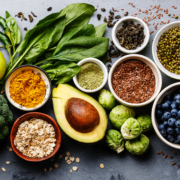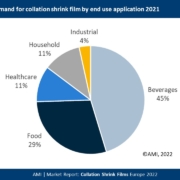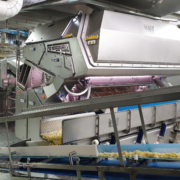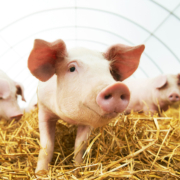AISEF to host sixth edition of International Spice Conference (ISC 2023) in Chennai
International Spice Conference 2023 (ISC 2023), the global spice business forum facilitating innovative partnerships to explore the latest development, challenges and innovations in the industry, will get underway at ITC Grand Chola from January 19-22, 2023. After three years of virtual meetings, AISEF is bringing the Spice Fraternity’s investors, entrepreneurs, think tanks, policymakers, researchers and […]












